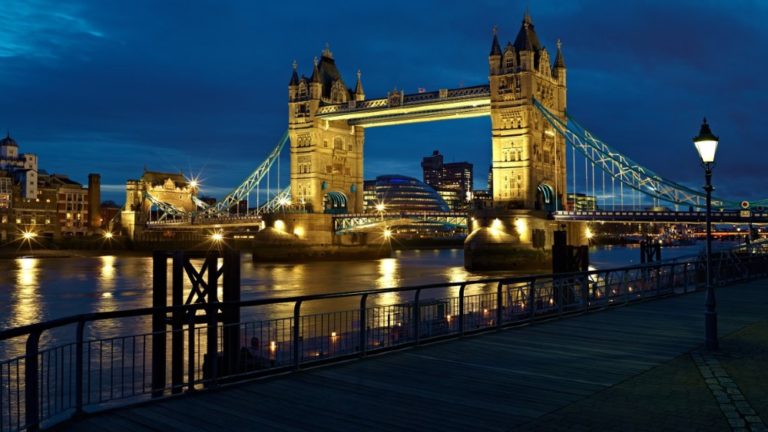The British economy suffered its biggest decline in more than 300 years in 2020 as the coronavirus pandemic closed shops and restaurants, devastated the travel industry and curtailed manufacturing. The economy shrank 9.9 percent last year, more than twice the figure for 2009 at the height of the global financial crisis, the Office for National Statistics said. The drop is the largest since 1709 when a cold spell known as the Great Frost devastated what was then a largely agricultural economy.
The data comes as Britain’s economy remains shackled by restrictions designed to combat COVID-19. A rebound in growth during the fourth quarter has been stifled by England’s third lockdown, which has closed schools, restaurants, and non-essential shops since mid-December. Tough restrictions also remain in place in Northern Ireland, Scotland and Wales.
“Figures show that the economy has experienced a serious shock as a result of the pandemic, which has been felt by countries around the world. While there are some positive signs of the economy’s resilience over the winter, we know that the current lockdown continues to have a significant impact on many people and businesses,” the UK’s treasury Chancellor Rishi Sunak, said in a statement. Sunak said he would announce new plans to protect jobs and bolster the economy when he delivers his annual budget statement to the House of Commons on March 3.
COVID-19 has hit Britain’s economy harder than most other industrialised democracies. French GDP shrank 8.3 percent last year, Germany 5 percent, and the US 3.5 percent. The GDP figures show the breadth of the pandemic’s economic impact in Britain. The service sector, which accounts for about 80 percent of the UK economy, shrank 8.9 percent last year, with output from the accommodation, food, and beverage businesses down more than 55 percent from February levels. Manufacturing fell 8.6 percent and construction 12.5 percent.
In hopes of relaxing the restrictions that have devastated the economy, the UK has moved to rapidly vaccinate its most vulnerable residents. More than 13.5 million people, or about 20 percent of the population, had received at least one dose of the COVID-19 vaccine. Andy Haldane, the chief economist for the Bank of England, said the vaccination drive is helping Britain turn a corner in its battle against the virus. Lifting COVID-19 restrictions is likely to unleash a wave of spending by consumers and businesses that will trigger a rapid recovery later this year, he said.
















